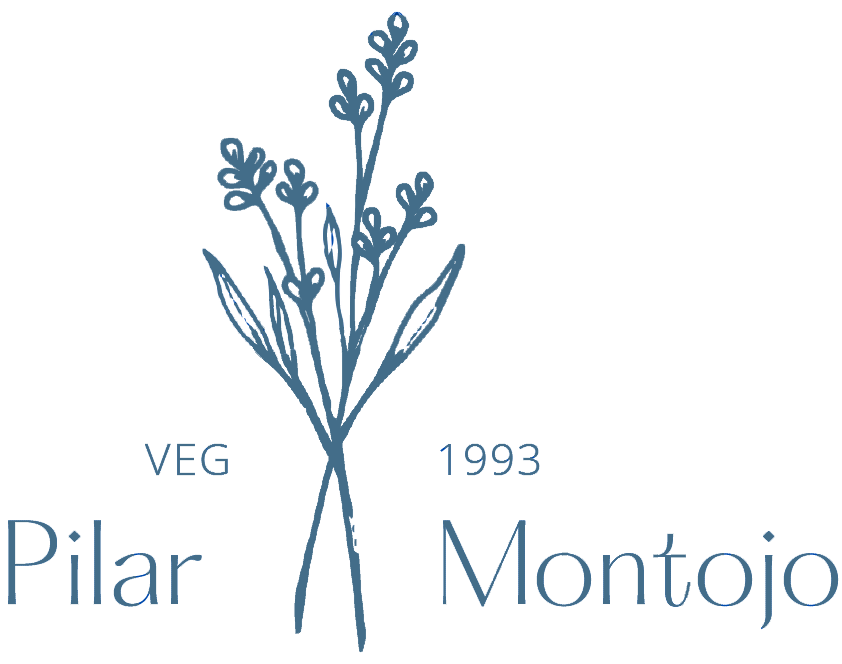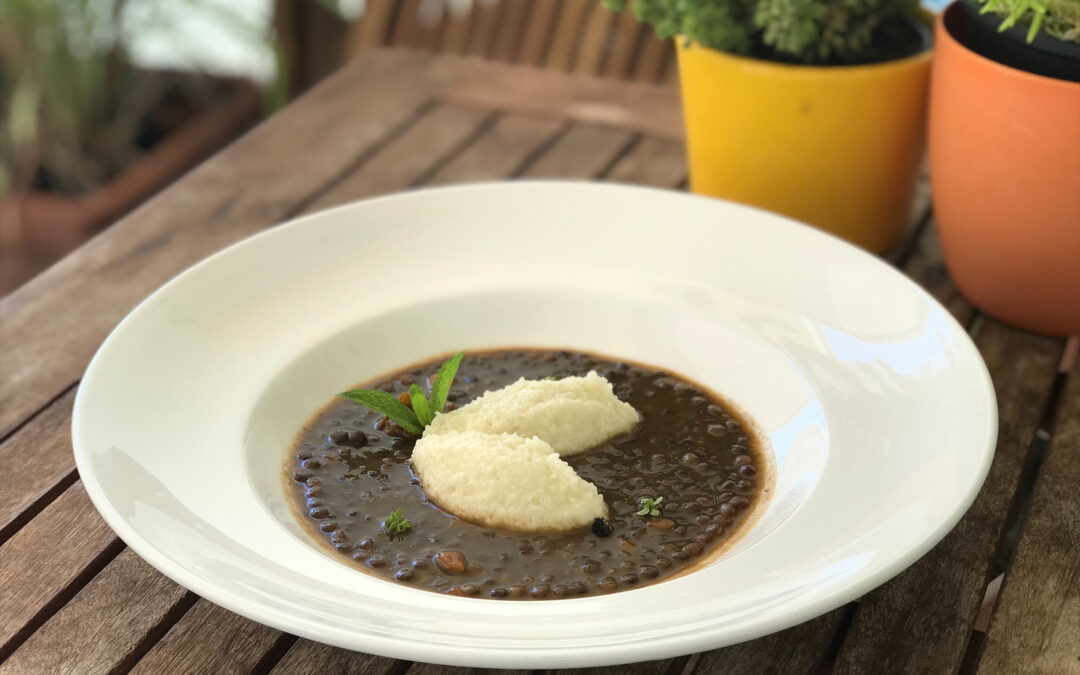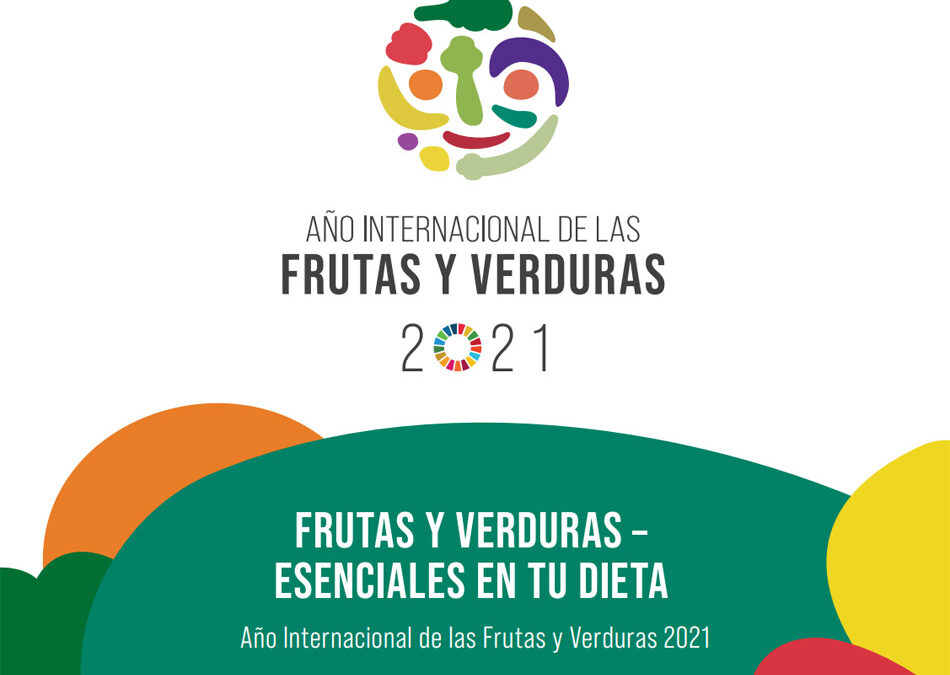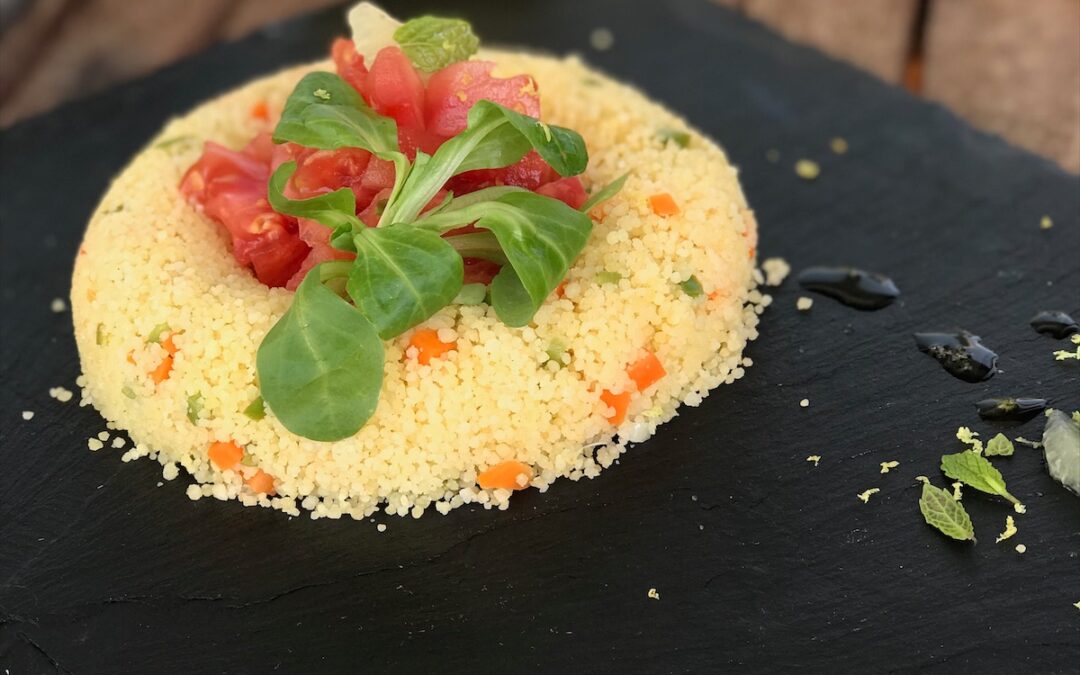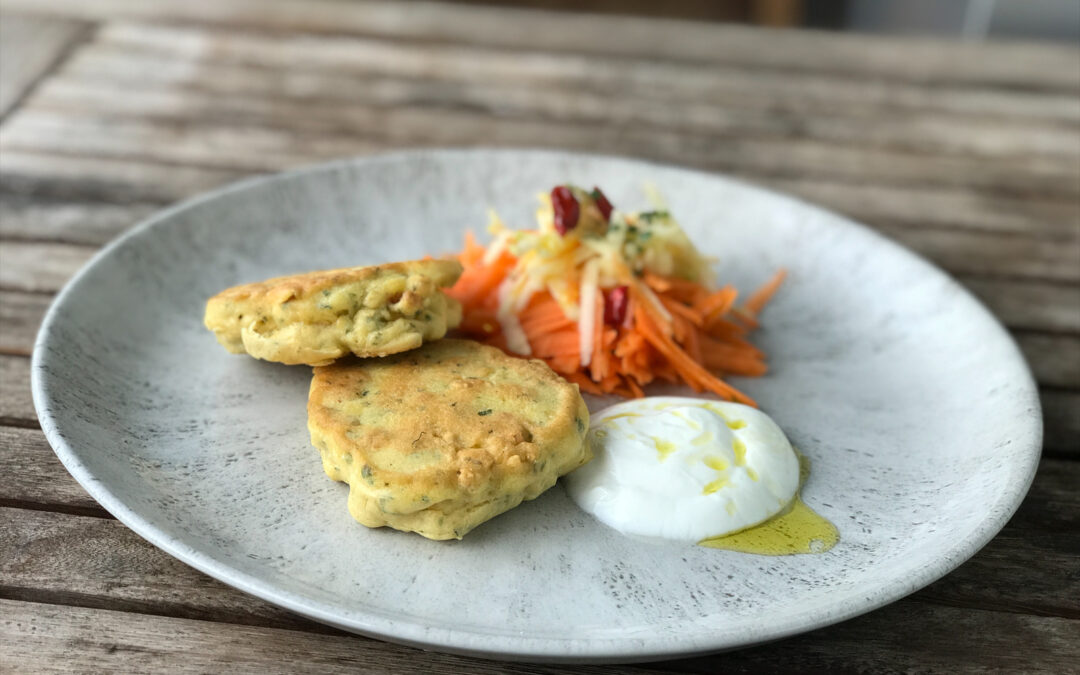
recycle food
RECYCLE FOOD
Being sustainable in our home is not just shopping without plastics by carrying our own bag. Throwing away food is something so common that we don’t give it importance and it is one of the best ways we have to fight climate change individually.
According to a study by the Ministry of Agriculture, Fisheries and Food, in 2021, 1,363 kg of food (35 kg per person) were thrown away. Of these, most were not used and a small part were prepared foods. The most wasted foods are vegetables, fruits, vegetables, fresh bread and milk.
The Government launched in 2021 a law that obliges the sector to sell “ugly or imperfect products” and to donate food. The law also requires separating food about to expire and lowering its price. So saving by buying these products is possible.
Every time we throw food away, it is not only the food itself, but we are throwing away the water to make the plant grow, the energy used for its conservation and transport, the time of the people who have dedicated an effort in the whole process and the money that YOU have spent in the purchase of this product. And I would say more, you eat another product instead of the one that has spoiled, so you consume and pay twice what you need.
In our homes we have a moral obligation to reduce this waste and we must do it day by day and be more humble when preparing our menus. Make small changes. Buy just enough for a few days and keep what you don’t eat in the fridge to reuse it in some way. Here’s an idea for a plate to reuse food from the day before, in this case, Saturday’s popcorn.
POPCORN PANCAKES with YOGURT SAUCE AND CARROT AND APPLE SALAD.
for 1 person
1 egg
10g popcorn
10 g cornmeal
10 g corn starch
10 g canned corn
10 g EVOO
chopped parsley
salt, pepper and nutmeg
grated cheese (optional)
Separate the white from the yolk. Work the yolk with the EVOO, the parsley and the seasonings. Mix it with the whipped white, add the sifted flour, the drained corn and crushed with a fork and finally the popcorn.
Heat a frying pan, add a little oil and cook on the grill with the help of a spoon to make 2 pancakes. When it is curdled and detached, turn until it is golden.
Accompany with carrot 🥕, grated apple 🍏 and goji berries. And a yogurt sauce with salt, lemon juice 🍋 and AOVE.
See post on my Instagram: pilar_montojo
